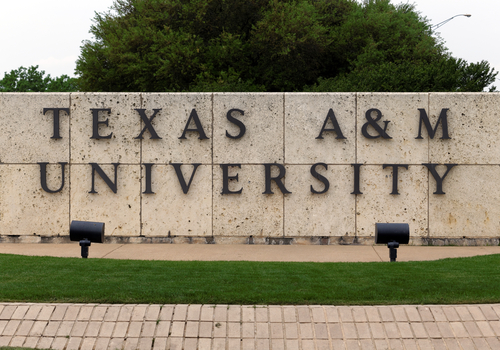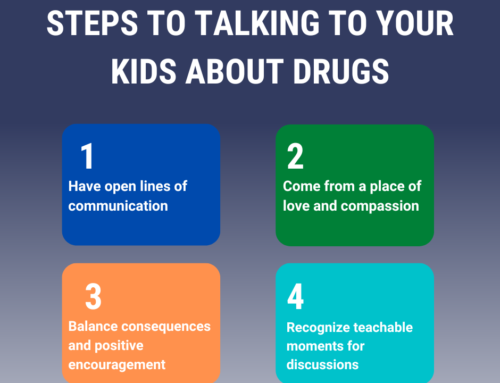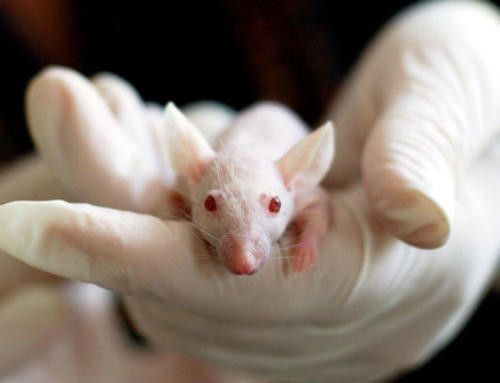Studies are constantly being done to treat the withdrawal cravings of alcoholism. The University of Texas came up with a new drug for alcoholism that has successfully worked with animals. They may not provide a cure as alcoholism can be linked with genetics and environment but they can be the stepping stone to true promise.
Alcohol withdrawal symptoms can be hard to experience which can occur two hours to four days after stopping alcohol. Symptoms include headaches, nausea, tremors, hallucinations, anxiety, and seizures. The JVW-1034 targets different molecular pathways and does not show any negative side effects like with other drugs. This drug was named after James Virgil Waggoner who is a University of Texas alumnus, businessman, and philanthropist who donated the funds to create the Waggoner Center for Alcohol and Addiction Research. This plans on being a pill to block the alcohol withdrawal symptoms and cravings that can help avoid relapsing. It was discovered that the JVW-1034 was interacting with the cell receptor found in the central nervous system of animals called stigma 2. Since the team knew that this receptor was involved in cocaine addiction, this pill could work well with alcoholism as well. This turned out to be a good discovery since now they know that this receptor is what targets alcoholism at least in animals. This can mean it can do the same for humans.
This experiment was made possible by The Robert A. Welch Foundation, the Dell Medical School’s Texas Health Catalyst program, and donations through crowdfunding program Hornraiser as well as the National Institute on Alcohol Abuse and Alcoholism. The University of Texas team exposed C elegans worms to alcohol for a day and then took it away from them. They could tell they were hungover because they placed a smelly substance that smelt like popcorn on the other side of the petri dish and the worms curled over. When the worms were given the JVW-1034 drug, they raced across the petri dish as if they have never touched the alcohol before. It was proven that when this pill was tested in alcoholic rats, it reduced their alcohol consumption. There are several other drugs that they hope to use to target the stigma 2 receptor to treat traumatic brain injuries, neuropathic pain, and Alzheimer’s disease. These tests need to continue as well as for human trials to occur to avoid relapse in recovering alcoholics.
Located in downtown Midland, The Springboard Center’s mission is to offer programs and services to treat alcohol and drug addiction treatment using an evidence based curriculum, 12 step programs, diet, nutrition, exercise, emotional, mental and spiritual development for a long recovery. For more information, please call us at 432-620-0255 as we are open 24 hours a day, 7 days a week.




